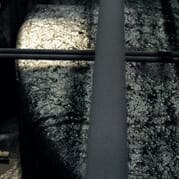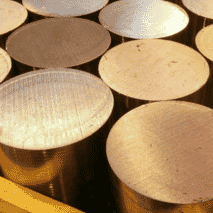Polymer Injection Technology uses old car tyres to make steel, thereby reducing reliance on coal.
The heating up of old car tyres to make steel could one day spell the end of coal – threatening one of Australia’s key exports to China.
University of New South Wales engineering and science professor Veena Sahajwalla has pioneered world-first ‘green steel’ technology where hydrogen and solid carbon are extracted from waste rubber to make metal.
The former judge on the ABC’s New Inventors show told Daily Mail Australia her innovation, also known as Polymer Injection Technology, had the potential to one day make metallurgical coal redundant.
‘Oh, absolutely. Absolutely,’ she said.
‘We are certainly looking at a future where the dependency on coal for steel making is completely eliminated.
Click here to find out more about Polymer Injection Technology (PIT).






